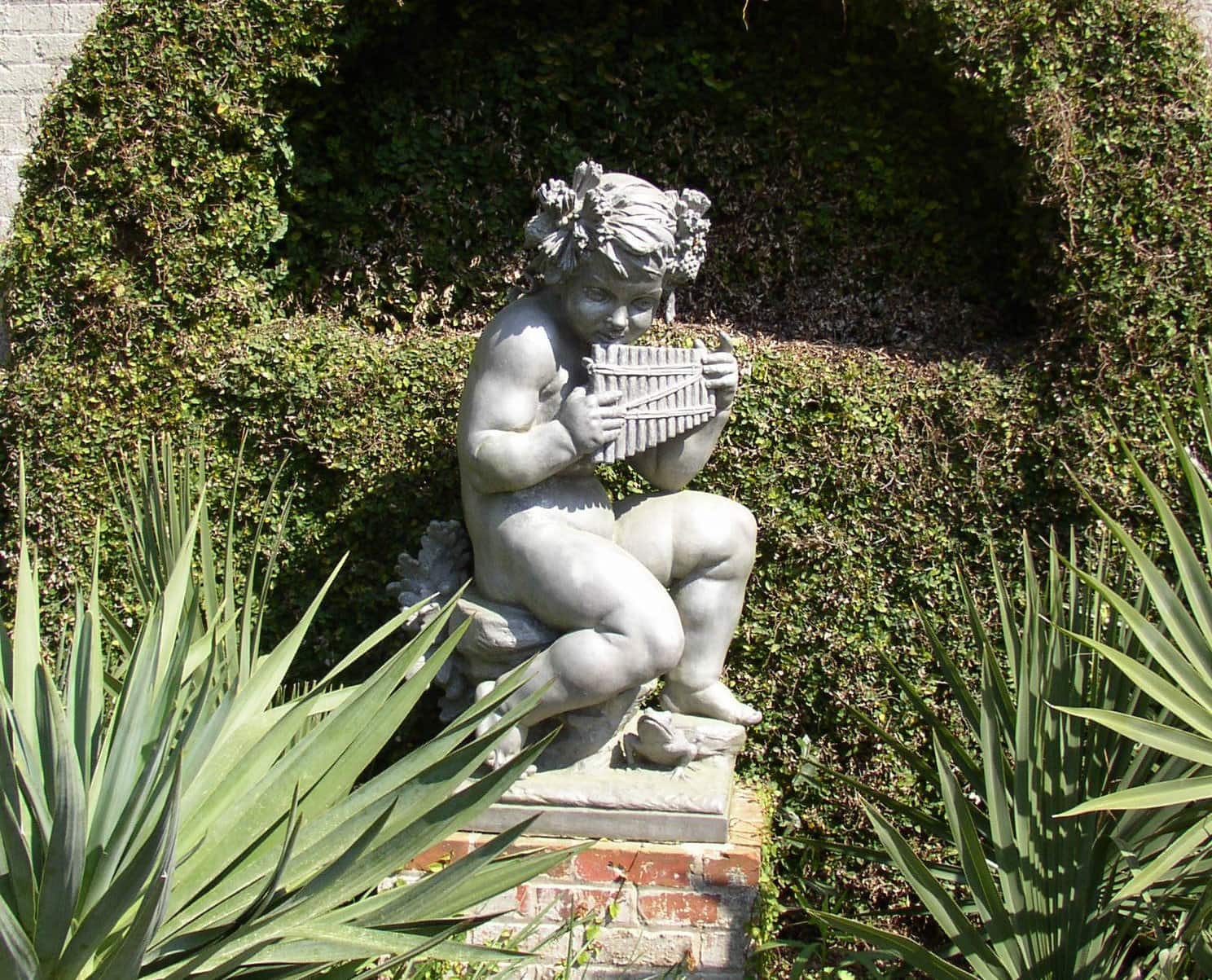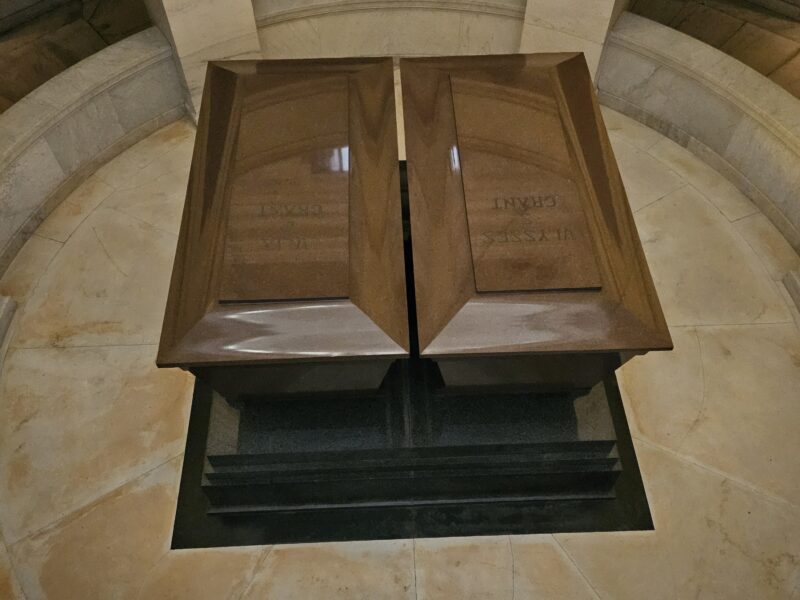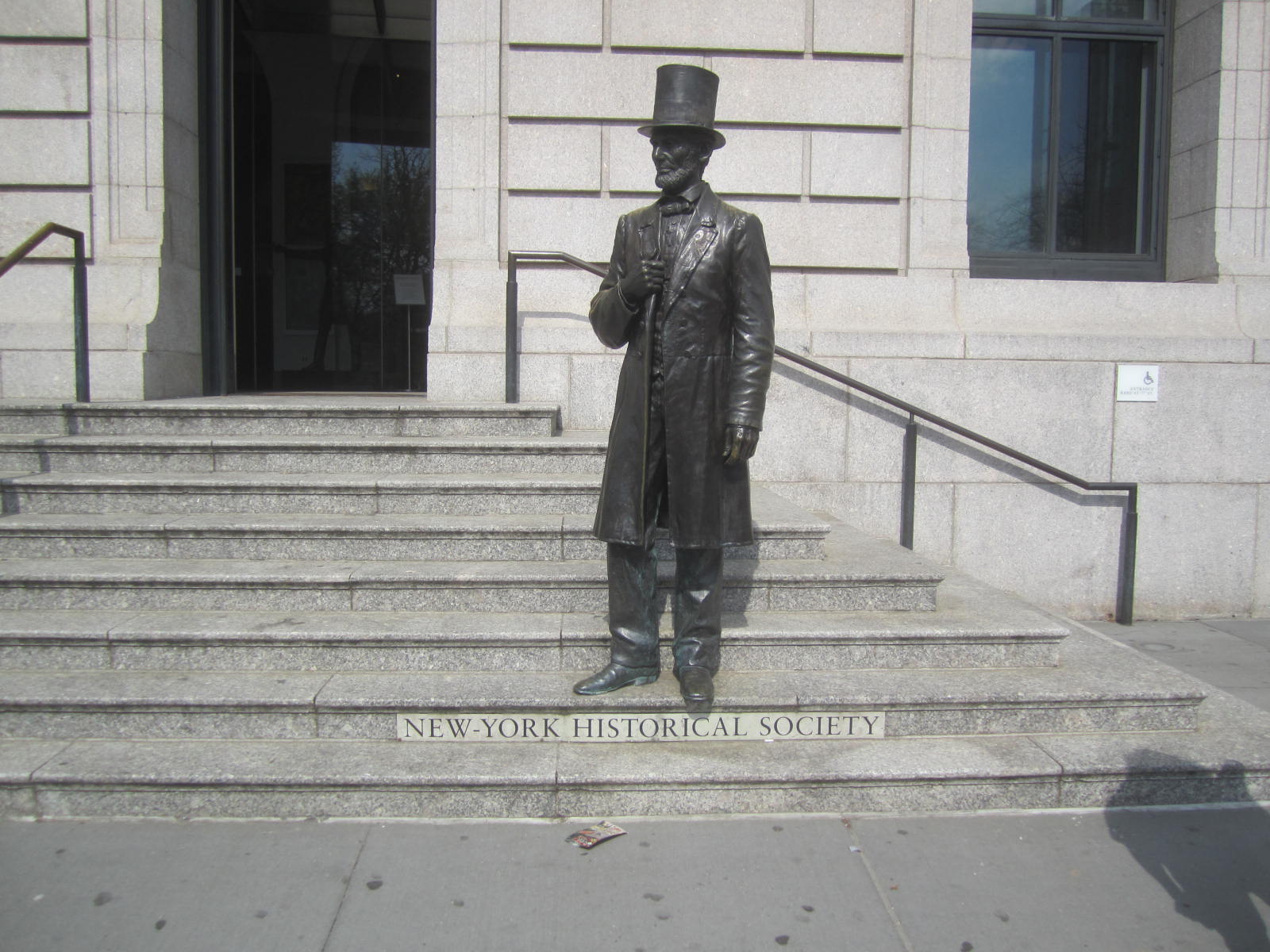How does the Flute know?
I think one of the worst experiences of a parent’s life is when a child decides to play a musical instrument. Don’t get me wrong, I think it is great for a child to take up an instrument and learn to play it. It’s just getting them to the point where it actually starts sounding like a musical instrument. That little tool, that is capable of making such beautiful music, is somehow transformed into a weapon to scare off an enemy or warn a distant ship of impending dangers. Yet neither of those is within a hundred miles.
The music director heads toward the microphone. She is trying to be pleasant as she encourages all parents to stay during the whole performance. “I know each of you has come to see your child perform and you might be tempted to leave once your child has completed their task, but remember each of these children needs your support. Besides, it is disruptive and even rude to leave as other performers take the stage,” she expresses with a somewhat forced smile.
Many parents don’t take her plea to heart. They wave their hands to attract their child’s attention after they perform. They pat their kids on their back and motion them to head out the door. You look at them with almost envy. Your kid is one of the last ones to perform and you really have no choice but to sit through all the performances.
When Anne, Noah’s first wife, died, Noah would move, leaving his grown elder son behind. He would take the younger son, Peter with him. After a stint in debtor’s prison, Noah would marry again. He would marry Rachel Kelly. They would have eight more children. One of those sons was named Jesse.
Rachel would pass away, too. Noah could not provide for the children so they were either pawned off or apprenticed. Jesse was apprenticed to his half-brother, Peter, who had a successful tanning business.
The tanning business, in those days is a lot different than the tanning business of today. You didn’t go there to lay on a bed, that is more like an oven, and come out tanned. Tanning, back then, was a very cruel process in which animals skins were stripped off of them. You could hear in the distance, the animals screaming as they were slaughtered.
Jesse would eventually go into the tanning business himself. He would eventually marry Hannah Simpson, who was a step up for the poor Jesse. Jesse seemed to inherit his father’s lack of financial sense. Time and again they bounced around on Jesse’s whims.
Jesse and Hannah would have six children together. Hiram was the oldest. Hiram would detest the tanning business. It is even said they he hated the sight of blood.
Boy, he sure was hungry. He couldn’t remember the last time he had a good meal. He was also covered with sores. The Bible doesn’t really say why he was in the shape he was in. Was it a stroke of bad luck? Did he have some illness that caused his sores and kept him from getting a good job? Was the economy just so bad that there weren’t any good jobs to be found? Maybe he was just a lousy businessman and down on his luck. Could he have had an addiction or problem that destroyed his life? Was he just a lazy bum? We just don’t know.
He must have been one of those nuisance beggars, too. You know the type, the ones that you don’t want in your neighborhood. You put your trash out and you look out the window and he is out there scrounging around for scraps. You think real hard about calling the police. You can’t put up with this. The next thing you know, he will be snooping around your house and things will be missing. Besides, you donate the junk you don’t use any more to the local charity. Every year, around Thanksgiving and Christmas, you give a can or two to the local food pantry, too. Why doesn’t he just go out and get a job?
I like a good show, especially those with an orchestra. If you get to one of those shows early enough, you can catch the musicians preparing for the performance. They will make sure their sheet music is in place. Then they will get comfortable in their seat, unless, of course they have an instrument that requires standing.
Next they make sure their instrument is tuned. I have no music sense about me at all. I couldn’t tell a B flat from an F sharp. But even without my musical sense, I can tell this tuning process isn’t very good music.
The show begins and my attention leaves the musicians behind and turns toward the actors on the stage. The show grabs my attention for the most part, as the music seems to command you to keep an eye on its purpose. But during parts of the show I can’t help but notice the audience’s awe of the performance. The blend of the actors and the music seems to go unnoticed by them. It is at this point that my attention turns toward the orchestra.
The bang of a drum may cause the audience to jump. A group of string instruments may cast an eerie sound that causes the audience to search the stage for the evil villain. A group of trumpets may bring a cheerful glow to your heart. The flutes will have you searching the skies for things like butterflies or even sunshine. As each instrument performs its task I look on in wonder and I then quickly look back at the audience. The audience doesn’t seem to be as amazed as I do by the orchestra’s performance. To them it is just another piece of the puzzle that makes the whole show work.
Jesse sensed that Hiram would never make it in the tanning business, so he pulled some strings and secured a spot at West Point for his oldest son. This was good for Jesse because the education was free. It was also good for Hiram because he was able to get away from home and the tanning business.
West Point would mix up his first and middle names. This would forever change Hiram’s life. Hiram would do well at West Point, too. After his second year, he stood tenth in the class of fifty-three.
Hiram’s first assignment was under Colonel Stephen W. Kearny, the commander of the nation’s largest military base in the west, Jefferson Barracks. He liked Kearny, but he wanted his military career to end so he could become a teacher. The Mexican-American War would come along and ruin those plans.
After the Mexican-American War, Hiram was shipped off to Fort Humboldt in California. The commander there, Lieutenant Colonel Robert C. Buchanan, received reports of Hiram’s intoxication. Hiram was given the option to resign or be court-martialed. Hiram resigned.
Well, there was this rich guy who had more than you and I will ever see. One of those pesky beggars came up to the gate of his house after one of his world famous parties. He asked the rich guy what he was going to do with all the scraps left on people’s plates. He wasn’t asking for any of the leftovers, mind you. He was so hungry that he just wanted the scraps.
“I’m going to have the help throw them out, of course,” the rich man’s replied. “If you’re going to do that, can I just grab me a few of them?” came the beggar’s plea. “No!” the rich man exclaimed and he continued, “and get off my property. No one invited you here anyway. If you don’t leave I’m going to call the police. You know you are trespassing? Why don’t you just go out and get a job?”
So went the life of the beggar. But one day the poor beggar died and he went to heaven. Abraham met him there and looked out for him. By coincidence the rich man died about the same time. Let’s just say the rich man was directed to a different location. He ended up in the hot, fiery pits of hell.
What makes the rich man’s torment even worse is that he could apparently see those in the gardens of heaven. The rich man asked Abraham if the beggar could just bring him some table scraps. No! That’s not how it goes. The rich man doesn’t even ask for that much. He asked if the beggar could just dip his finger in the water and then use that finger so he can have just a drop of water on his tongue. Abraham said, “No!” Wouldn’t it have been ironic if Abraham had said “No!” in the exact same voice the rich man used when he told the beggar: “No!”?
I have seen sheet music before. I have seen the little lines with the little black dots floating up and down as you scroll across the page. There is not an ounce of color splashing on the page. I also know there are not enough dots at any point on that page to cover all the notes the orchestra plays. I’m confused. How does the flute know when to come in and which notes to play?
To find the answer to my question, I asked a music expert: my mother-in-law. She has trained many young students who want to become great pianists. She explains to me that each instrument has its own, separate sheet music. I’m now even more confused. If the piano has one sheet music, the saxophone one sheet music, the xylophone (I knew I would eventually be able to use an “x” word in one of my blogs) one sheet music, and the clarinet one sheet music, how do they play so well together? They don’t all play together at the same time, so how do they know when to come in if one sheet music is different from another?
She told me about this wonderful thing called practice. She said they practice, and practice, and practice some more. They learn to play together. The system must work because you rarely hear a member of a good orchestra make a mistake that stands out. It’s also amazing that each of these talented performers started out as one of those struggling kids trying to find their talent.
Hiram would not do very well in civilian life. He tried farming and his father-in-law even let him use one of his slaves. He failed. He was forced to sell firewood on the streets. Hiram would move and purchase his own slave to help him try farming again. The Panic of 1857 hit and again he failed. He then freed his slave instead of selling him. He probably really could have used the money at this point in his life.
Hiram then went to work as a bill collector. He failed again. He was forced to go back to work for his father in a leather shop he now owned.
The Civil War came along and old Hiram recruited a company of volunteers and took them to fight. The governor of Illinois was apparently more interested in his recruiting talents than wanting him to fight. So Hiram became a recruiter. Besides, General McClellan remembered Hiram’s previous drinking conviction and didn’t want him in his army.
Hiram would plead with Illinois Congressman Elihu Washburne to be reinstated in the Army. He was given the rank of Colonel and would be in charge of training the troops. President Lincoln was so impressed with Hiram that he ordered that he be given the title Brigadier General despite General McClellan objections.
Hiram would thrive under Major General John C. Fremont. Hiram’s whole fortunes changed when he lead the charge against the Confederates at Fort Donelson. His forces dominated the Confederates. When the Confederates wanted to negotiate a surrender, Hiram said he would only accept an “Unconditional Surrender.”
Hiram Ulysses Grant, whose name got mixed up at West Point, would become better known as Ulysses S Grant. He would acquire the nickname “Unconditional Surrender Grant” after Fort Donelson. Lincoln would be so impressed with Grant’s determination that he would eventually make him Commander of the whole Union Army and we all know the rest of the story.
Sometimes, before we develop a talent, the music sounds pretty bad. Sometimes, before we get on the right path, we have to grind our way through tasks, like tanning, that we really hate. Sometimes, we are more focused on the inconvenience others cause us rather than being concerned with their plight. Beautiful music, success in life, and a life hereafter often requires working in harmony with others and finding the right plan God has for us.
Prayer: Dear Mighty Father, I know I don’t always have the best sense of rhythm, but please let my life’s beats be in harmony with Your plans. Amen.




Very interesting!! Learned a lot! Thanks.